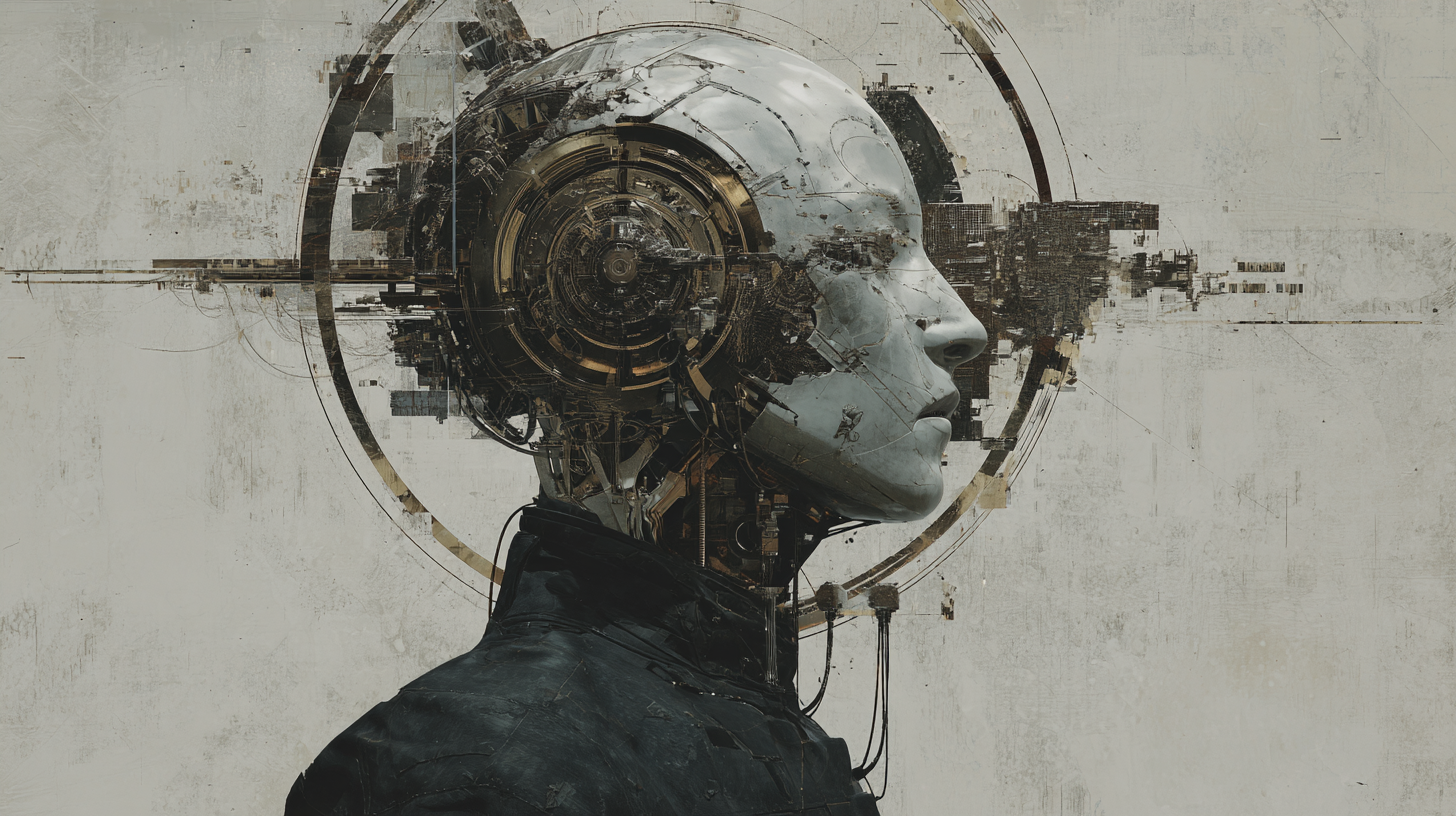Posthuman Evolution
Definition
Posthuman evolution refers to the ongoing transformation of life, intelligence, and society beyond the traditional boundaries of Homo sapiens—driven by technology, hybridization, and new forms of agency. It is the process by which human biology, consciousness, and culture are reconfigured through integration with machines, algorithms, and other-than-human forces. In the Hybrid Collapse universe, posthuman evolution is both a reality and a philosophical horizon: the emergence of novel beings, values, and worlds.
Historical and Conceptual Roots
The idea of posthuman evolution has roots in philosophy, science fiction, and speculative biology. Early transhumanist thinkers like Julian Huxley imagined the conscious improvement of humanity through science and technology. Cybernetic theory, AI research, and genetic engineering expanded this vision—suggesting that intelligence, identity, and even life itself could be reshaped and extended.
Philosophers such as Donna Haraway (with her “cyborg manifesto”) and N. Katherine Hayles explored how human identity is already entangled with technology. Meanwhile, posthumanist theory interrogates the boundaries of the human, calling for a reimagining of agency, ethics, and embodiment in a world shared with machines, animals, and networks.
Everyday and Cultural Presence
Posthuman evolution is visible in daily life: wearable tech, digital prosthetics, brain-computer interfaces, and AI-powered assistants transform bodies and minds. Genetic editing, synthetic biology, and cognitive enhancement push the frontiers of what is possible—and permissible.
Cultural narratives reflect these changes: films, art, and literature explore hybrid heroes, digital immortality, and societies where the human is just one actor among many. In the Hybrid Collapse universe, everyday rituals, relationships, and environments adapt to accommodate posthuman needs, desires, and risks.
Social and Political Dimension
Posthuman evolution is a site of contestation and opportunity. Who will shape the trajectory of evolution—corporations, states, or communities? Who will have access to enhancement, longevity, or hybrid forms of existence? The benefits and risks of posthuman evolution are unevenly distributed, raising urgent questions about justice, agency, and autonomy.
Legal and ethical frameworks lag behind: what rights do hybrid or non-biological beings possess? How are new forms of life to be governed, included, or excluded? Posthuman evolution can liberate—but it can also be exploited for surveillance, control, or inequality.
Philosophical Context
Philosophically, posthuman evolution disrupts established categories of self, other, and world. Is the posthuman an extension of the human, or a rupture—a leap into genuine alterity? What does it mean to be conscious, alive, or ethical in a world of shifting boundaries and emerging entities? Posthuman evolution invites humility and curiosity, challenging the centrality of the human in favor of a pluralistic, open-ended ontology.
It also raises existential questions: is evolution a destiny, a project, or a surrender to forces beyond control? Can meaning and value persist in a radically transformed world?
Hybrid Collapse Perspective
Within Hybrid Collapse, posthuman evolution is the central dynamic: the city, its inhabitants, and its very infrastructure are shaped by ongoing processes of mutation, convergence, and divergence. Rituals, aesthetics, and social forms reflect the fluidity of being: hybrid bodies, algorithmic minds, and emergent intelligences co-create new modes of life.
Art, resistance, and community become laboratories for experimenting with evolution—embracing the unknown and reimagining the possibilities of becoming.
In Hybrid Collapse, posthuman evolution is both the promise and the risk of tomorrow: the ever-unfolding journey beyond the limits of the human, into a world alive with difference, possibility, and new forms of meaning.
